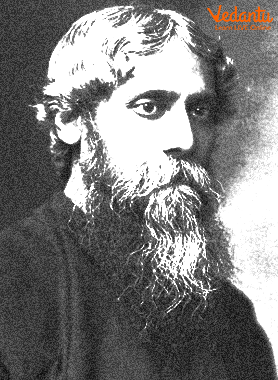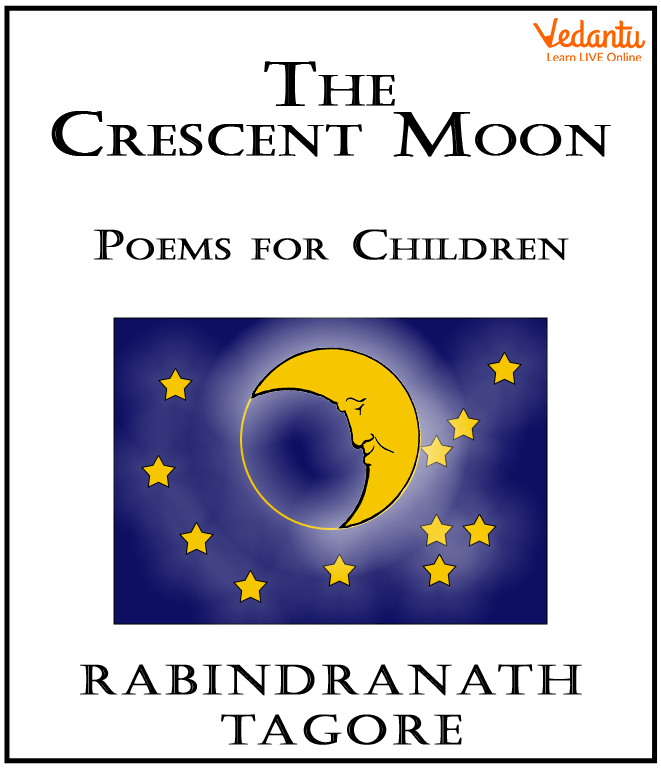When we all think of beautiful rhymes and the poems that were taught in elementary school, we love the memories. Don’t we? Poetries are very important for children in their growing stage. It always helps young minds to be creative and helps to understand and appreciate the world around us. It also helps open up the vulnerabilities of human beings in a lyrical way that helps us in connecting with one another in a lot better way.
Because we live in a world that is more chaotic, violent, and without mercy, poets let us embrace the world around us and offer as a way to emphasise the people we meet. Therefore, poetry is like a counsellor that helps in understanding human nature and connects us to one another in a much better way. It leads us from hate to love and from violence to mercy and pity. It forms a bridge between the two worlds. It guides us in becoming better people and leading the change in the world.
Here, we will talk about the poem on plaything that is written by Rabindranath Tagore in his collection of 40 child poems and the book is named ‘The Crescent Moon’. Although the poem here is full of profound thoughts for contempt ration, it is deceptively simple in nature. We are offering one of such poems from the collection ‘The Crescent Moon’ that is titled, Plaything. It is considered as one of the gems created by Rabindranath Tagore in his poems for children.
The poems had some rhymes and rhythms were written in Bengali but their English version lacked the rhythm and the flow. This poem generally depicts the simplicity of life. The poem on plaything emphasises how a grown-up feels when you witness a happy child who is playing with a broken twig. It elaborates the innocence of being a child. The theme of the poem emphasises that the poet feels nothing even after gaining gold and lambs, whereas the child has a broken trade and is still happy while playing with it.
About the Author: Rabindranath Tagore
Rabindranath Tagore was born in Calcutta on 7th May 1861. Tagore from a very early age was known for his free-flowing style of writing and spontaneous compositions. He mostly spent his time being taught at home and grew up rejecting the formal schooling pattern of education. In the year 1878, he travelled to England to study law at University College, which is in London but returned before finishing the degree.
After he returned to India in 1901, Tagore founded the ashram as he moved to Shantiniketan which became his focal point for writing and his view on schooling. He finally chose the name for the ashram as Shantiniketan, which means abode of peace.
Rabindranath Tagore is the author of Gitanjali, which is a profoundly sensitive, fresh, and beautiful verse of thoughts for which he won the Nobel Prize in literature in the year 1913. He was the first non-European to win the Nobel Prize in literature. The translation of his poems has always been viewed as spiritual and mercurial and his seemingly mesmerising personality earned him a prophet-like reputation in the west. His poetry was viewed as an elegant and magical composition. Gitanjali in 1913, The Crescent Moon in 1913, Post Office in 1914, and King of the Dark Chamber in 1914 are a few of the most renowned compositions that were hugely translated into many world languages.

Rabindranath Tagore
The Poem on Plaything
Child, how happy you are sitting in the dust, playing with a broken twig all the morning.
I smile at your play with that little bit of a broken twig.
I am busy with my accounts, adding up figures by the hour.
Perhaps you glance at me and think, "What a stupid game to spoil your morning with!"
Child, I have forgotten the art of being absorbed in sticks and mud-pies.
I seek out costly playthings and gather lumps of gold and silver.
With whatever you find you create your glad games, I spend both my time and my strength over things I never can obtain.
In my frail canoe, I struggle to cross the sea of desire and forget that I too am playing a game.
Summary of the Poem on Plaything
The opening line of the poem describes a child who is playing with a broken twig and is still happy even though he has nothing else to play with. However, in the third line, the poet seems burdened with the workload he has. The poem thus ponders upon the contrast that it sets in the flow of the poem where a child is happy playing with a broken twig and has nothing with him, whereas the poet is stressed about a lot of things in life.
Tagore refers to the work as a play of a child to whom everything is a game. It is something that the poet agrees with during the conclusion of his poem. Whether it is an accounting or a job everything is referred to as a game; the only difference is that the child finds and creates his own games while the poet has to follow the set rules and the standards. Tagore referred to the worldly charms when he said that he gathered all the “lumps of gold and silver” but he was still saddened with his work, whereas the child is happily playing with nothing but a broken twig.
Later in the poem, he begins to wonder why he has lost all his efforts into the things he will never be able to achieve, which he refers to as the sea of desire that he wished to cross. It is actually a never-ending sea where the more he achieves, the more he desires. The more he puts effort into it, the more let down and saddened he will be. He emphasises the fact that the best way to lead a beautiful life is to forget about all the lumps of gold and silver and to remember that life is a game and so one must create and find joy out of nothing if they want to be happy.
The poet also refers to this game as an art form, which is an art of simplicity as the poem emphasises more about the simplicity of life. Everyone is born with art as the child has but forgets as they grow older. When one tries to swim into the sea of desire, they lose sight of simplicity in life. Therefore, the Plaything is all about finding joy in everything worldly and being content with what one has.

The Book ‘The Crescent Moon’


FAQs on Poem on Plaything by Rabindranath Tagore
1. Who is the writer of the poem ‘Plaything’?
The writer of the poem ‘Plaything’ is Rabindranath Tagore, which is one of the compositions from his collection of 40 children’s poems compiled in a book named ‘The Crescent Moon’.
2. What is the comparison that is made in the poem?
The comparison that has been elaborated in the poem is that the child who is not in desire of the worldly charms is happy playing with a broken twig, whereas the poet even after achieving the lumps of gold and silver is still saddened of what he is letting go.





